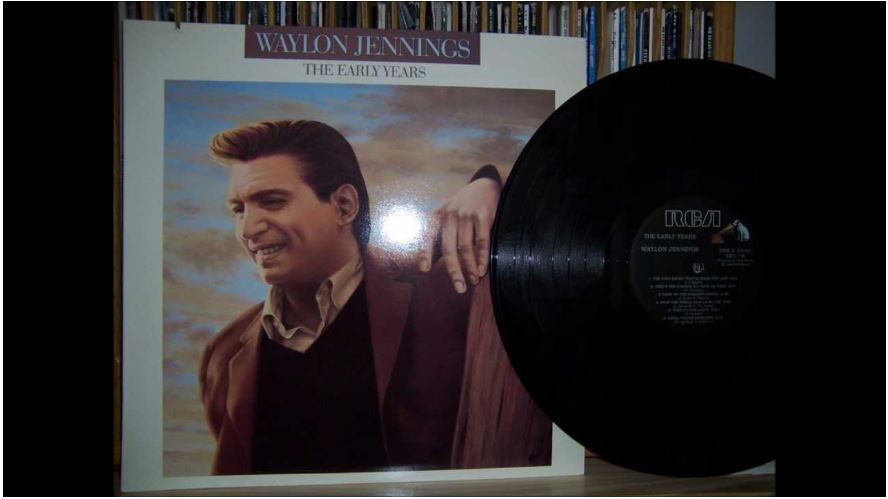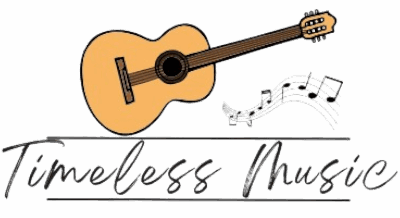
Released in 1971, Waylon Jennings’ “Six White Horses” stands out as one of the most haunting and poignant songs in his early catalog. Known predominantly for his “outlaw” image and tough, rebellious sound, Waylon used this track to reveal a deeply reflective side of his artistry—a storyteller unafraid to confront the sorrow and turbulence of a nation in mourning.
The song opens with the evocative imagery of six white horses coming to carry someone home. Drawing inspiration from traditional funeral metaphors rooted in gospel and country music, this motif immediately sets a somber, reverent tone. Yet, Jennings’ intention goes far beyond mourning a single life. Instead, he casts a wider lens, capturing the collective grief of America during one of its most tumultuous eras. The song references the assassinations of John F. Kennedy, Martin Luther King Jr., and Robert Kennedy, events that left a nation shocked, sorrowful, and searching for meaning amid the chaos.
Musically, “Six White Horses” unfolds like a solemn procession. Its steady rhythm and mournful guitar lines create a hypnotic sense of inevitability, while Jennings’ deep, resonant voice carries each lyric with both clarity and gravitas. There is no anger in his delivery, no overt political critique—simply an invitation to witness, remember, and reflect. In the simple yet profound lines, “Six white horses, coming to carry me home,” Jennings captures the shared sense of loss that defined a generation. These words memorialize not just individual leaders, but the dreamers, the peacemakers, and the visionaries who inspired hope and change before being taken too soon.
What makes “Six White Horses” extraordinary is its timeless resonance. Over 50 years since its release, the song continues to strike listeners with its emotional depth and historical awareness. While many of Jennings’ tracks are celebrated for their rebellious energy and outlaw defiance, this song exemplifies his capacity for quiet contemplation and subtle social commentary. It demonstrates that music can mourn, honor, and heal simultaneously—offering both personal and collective catharsis.
Beyond its historical and lyrical significance, the arrangement of “Six White Horses” contributes to its haunting quality. Jennings employs a restrained instrumentation, allowing the lyrics to take center stage. The mournful guitar melodies echo the sadness of the narrative, while subtle rhythmic elements guide listeners through the song’s procession-like journey. This careful balance of simplicity and emotional weight ensures the song remains both accessible and profoundly moving. Jennings’ voice serves as the anchor, steady and unwavering, inviting listeners to share in a collective reflection on loss and resilience.
Thematically, “Six White Horses” also highlights Jennings’ ability to blend personal expression with universal themes. While the song reflects on specific historical tragedies, it transcends time, speaking to anyone who has experienced the loss of a loved one or the upheaval of a world-changing event. This universality has helped the track endure, making it not just a relic of its era, but a continuing source of emotional resonance for contemporary audiences.
Moreover, the song’s reflective nature underscores Jennings’ versatility as an artist. While his “outlaw country” persona often emphasized independence and defiance, “Six White Horses” demonstrates his capacity for sensitivity, nuance, and moral contemplation. By choosing to focus on remembrance rather than blame, Jennings elevates the song into a space of reverence and shared humanity. His storytelling transcends political divisions, instead emphasizing empathy, grief, and the enduring power of music to connect hearts across generations.
For listeners seeking to understand the depth of Jennings’ artistry, “Six White Horses” offers a crucial insight. It is a testament to the idea that country music, often perceived as simple or formulaic, can carry profound social and emotional commentary. By addressing the tragedies of his time with dignity and restraint, Jennings not only memorialized the figures he references but also gave voice to the collective sorrow of his generation.
The enduring appeal of “Six White Horses” also lies in its ability to bridge the personal and historical. The song evokes images of funeral processions, mourning families, and quiet moments of reflection, making it relatable on an intimate level. Simultaneously, it contextualizes these personal feelings within the broader historical events of the 1960s and early 1970s, offering listeners a lens through which to understand the societal impact of loss and tragedy. This duality of personal intimacy and historical awareness is a hallmark of Jennings’ finest work, and it is on full display in this unforgettable track.
Even decades after its release, “Six White Horses” continues to resonate with new generations of listeners. Its lyrical simplicity masks a profound complexity, and its musical arrangement ensures that each note and phrase carries emotional weight. The song’s ability to evoke grief without despair, reflection without judgment, and memory without bitterness demonstrates Jennings’ mastery of narrative songwriting.
In summary, Waylon Jennings’ “Six White Horses” is more than just a country ballad; it is a moving tribute, a historical reflection, and an enduring piece of musical art. Through its careful combination of lyrical poignancy, melodic simplicity, and vocal depth, the song captures the sorrow of a nation while offering solace and understanding to those who listen. Over half a century later, it remains a vital example of how music can mourn, honor, and heal simultaneously—cementing Jennings’ legacy not only as an “outlaw” icon but also as a thoughtful, empathetic storyteller.
For those who wish to experience the full emotional depth of this classic, the official music video of “Six White Horses” is available on YouTube, providing a visual complement to Jennings’ timeless tribute.
